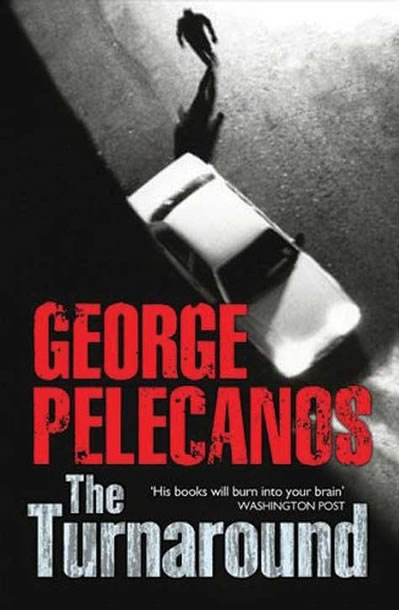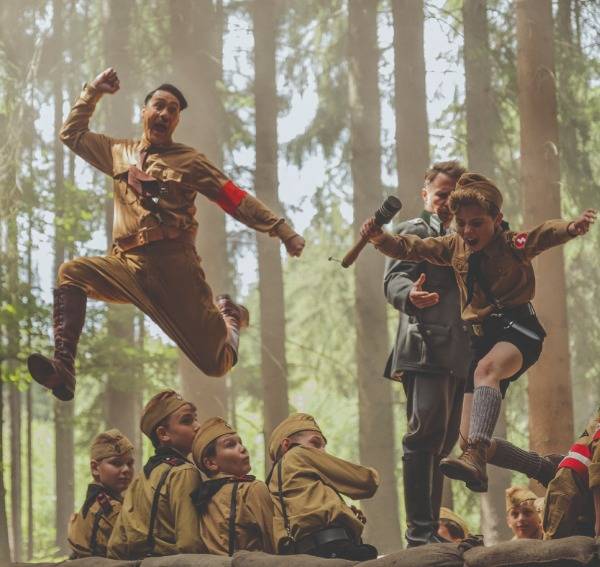 George Pelecanos’s work has long since transcended the crime fiction genre, and his fifteenth novel, The Turnaround, finds him at the height of his powers as a trenchant social critic. Although some of his books have private investigator protagonists – Nick Stefanos and Derek Strange feature in several, for example – the real focus is Washington, DC, and particularly the city’s racial problems. Like his contemporaries James Ellroy and Walter Mosley, two other authors who raise crime fiction to a new level of socio-political significance, Pelecanos presents a very bleak picture of America. The Turnaround is set in a society with a deep and pervasive racial divide, where both public and private morality have become so corrupted it is a struggle to be a decent and law-abiding citizen. Evil is not some abstract concept, it’s a part of people’s daily lives and no one can escape its effects. Pelecanos does not give us the Washington of the popular imagination, the capital of the world’s leading superpower with its grandiose public buildings and self-consciously imperial air, but the city’s underside – the menacing and run-down ghettos, the anonymous suburbs, the rootless and alienated lower-class population on either side of the racial divide.
George Pelecanos’s work has long since transcended the crime fiction genre, and his fifteenth novel, The Turnaround, finds him at the height of his powers as a trenchant social critic. Although some of his books have private investigator protagonists – Nick Stefanos and Derek Strange feature in several, for example – the real focus is Washington, DC, and particularly the city’s racial problems. Like his contemporaries James Ellroy and Walter Mosley, two other authors who raise crime fiction to a new level of socio-political significance, Pelecanos presents a very bleak picture of America. The Turnaround is set in a society with a deep and pervasive racial divide, where both public and private morality have become so corrupted it is a struggle to be a decent and law-abiding citizen. Evil is not some abstract concept, it’s a part of people’s daily lives and no one can escape its effects. Pelecanos does not give us the Washington of the popular imagination, the capital of the world’s leading superpower with its grandiose public buildings and self-consciously imperial air, but the city’s underside – the menacing and run-down ghettos, the anonymous suburbs, the rootless and alienated lower-class population on either side of the racial divide.
The plot hinges on a teenage escapade back in the 1960s. Three stoned young white boys drive into a black ghetto to taunt the locals, and find themselves in trouble when their car becomes trapped in a dead end (the “turnaround” of the title). Violence predictably follows and one of the white teenagers is murdered, while another, Alex Pappas, the son of an immigrant Greek restaurant owner, is facially scarred for life. Pappas subsequently takes over his father’s business and devotes himself to that and his family. Yet even 35 years afterwards (where the novel picks up the story) the memories of that night continue to haunt him, particularly as he had only a passive role in the proceedings, a helpless passenger stuck in the back seat of his patronising friends’ car.
After a life in and out of prison, one of the black youths involved, George Baker, decides to try out some blackmail, and all the surviving participants become caught up in a cycle of threat and counter-threat which can only end badly for somebody. Baker is a psychopath who enjoys dealing out violence, while simultaneously feeling embittered at the hand fate has dealt him. The other survivors experience varying degrees of guilt, but find it difficult to move past their ingrained suspicion of each other. More violence ensues, and a form of redemption eventually is achieved by some of the characters, a “turnaround” of their previous relationship; but the overall impression left by Pelecanos is of a fractured society riven with mistrust and lacking any kind of coherent moral centre.
All of this is delivered in Pelecanos’s trademark spare and unshowy prose (a style he has carried on into his work as sometime writer and producer on the cult TV series The Wire). He has a well-honed ability to get inside all his characters’ heads so that you can appreciate their often very limited perspectives of the world (even Baker’s makes sense in its distorted way), and a sensitive ear for the vernacular of the seedy milieu they move in. His writing is all the more powerful for never being openly judgmental. Pelecanos presents his world, and the characters who are trying to survive in its generally inhospitable conditions, precisely and unromantically, in the process delivering some of the most devastating criticism of American culture that is currently available. When you survey his novels along with Ellroy’s and Mosley’s, you do begin to wonder how long the country can go on in this way. It’s the American dream all gone horribly wrong.
The Turnaround is published by Orion Books

